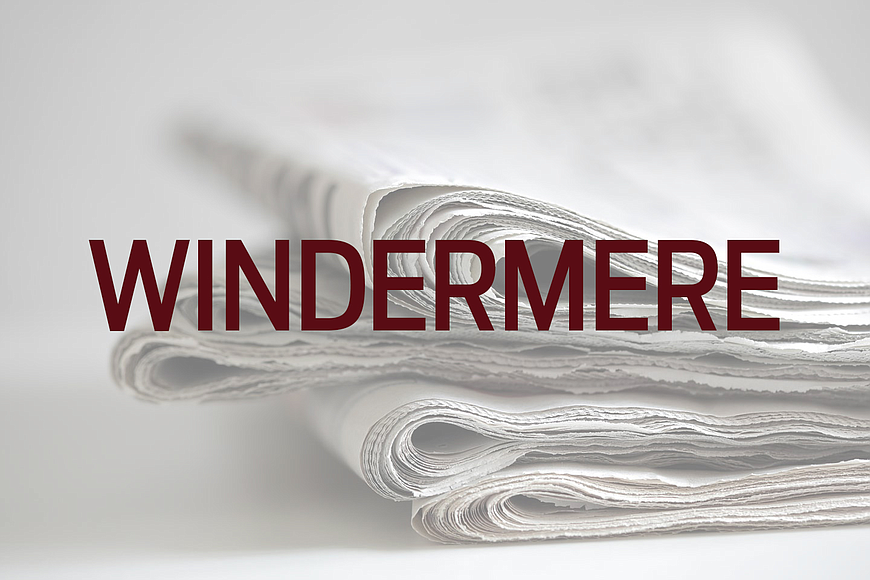- April 4, 2025
-
-
Loading

Loading

The town of Windermere might soon be getting a new town charter — sort of.
As is required by a provision in the current town charter adopted in 1970, the charter must be reviewed and updated every 10 years by a Charter Review Commission. The CRC has spent the last nine months doing just that and compiled a new, shorter document that eliminates archaic wording and unnecessary provisions that overlap with existing Florida statutes or were simply not pertinent anymore.
The updated version of the charter is meant to be significantly shorter and easier to read for residents. The revisions, according to public town documents, make absolutely no substantial changes whatsoever to the charter that modify the town’s council-manager form of government, the town’s officers and elected officials, or to town elections, governing procedures, duties and powers.
“There were so many things in there, from utilities, which we don’t have, to airports and things like that,” said Windermere Mayor Gary Bruhn. “So the charter has been cleaned up and gone from approximately 50 pages, and I think the new proposed charter is about 20 pages.”
The proposed, updated charter, along with a separate proposed charter amendment regarding the town’s borrowing limits are completely subject to voter approval, and will be included on the ballot for the town’s general election March 14, 2017.
The separate charter amendment detailed in ordinance 2016-06 pertains to the town’s financial borrowing limits. The council seeks to have more flexibility when borrowing money for capital improvement projects and is asking voters to consider approving at least one of two optional amendments to achieve this.
As it stands, the town charter restricts the town to borrowing up to 10% of the town’s annual budget for nonemergency debt.
“Right now, we are limited to only borrowing up to 10% — in non-emergency debt — of our annual budget,” Bruhn said. “So we can only borrow half-million dollars for the town. Do you know how many projects — just our new roadway project that we’re doing in front of the Windermere Elementary School (the Park Avenue Expansion project) is almost a million dollars.”
The amendments exist to ensure there are limits to the amount of debt a town can incur, but it has the potential to create a frustrating barrier if a town hopes to move forward with capital improvement projects that exceed their borrowing limits.
“Currently, there’s a limitation that limits us from any non-emergency borrowing to 10% of our budget, which is crazy,” Bruhn said. “You can’t run a town that way.”
To fix these types of dilemmas, one of the optional amendments to section 49 of the charter seeks to prohibit the town from incurring debt that would increase the town’s aggregate debt payments in any fiscal year to more than 10% of the budget — unless the debt is first approved by a majority vote of town electors voting in a referendum for that purpose.
The second optional amendment avoids permitting the town from incurring new non-emergency debt that exceeds 30% of the general operating budget of that fiscal year, again, unless the debt is first approved by a majority vote of town electors voting in a referendum for that purpose.
“Whichever (optional amendment) gets the most votes will become the charter, but it has to pass,” Bruhn said. “So in other words, if neither of these pass, neither of the charter questions take effect, and it reverts to where we are in the charter. However, if both of them pass, the one receiving the most votes is the one that wins.”
––––
Contact Gabby Baquero at gbaquero@orangeobserver.com.